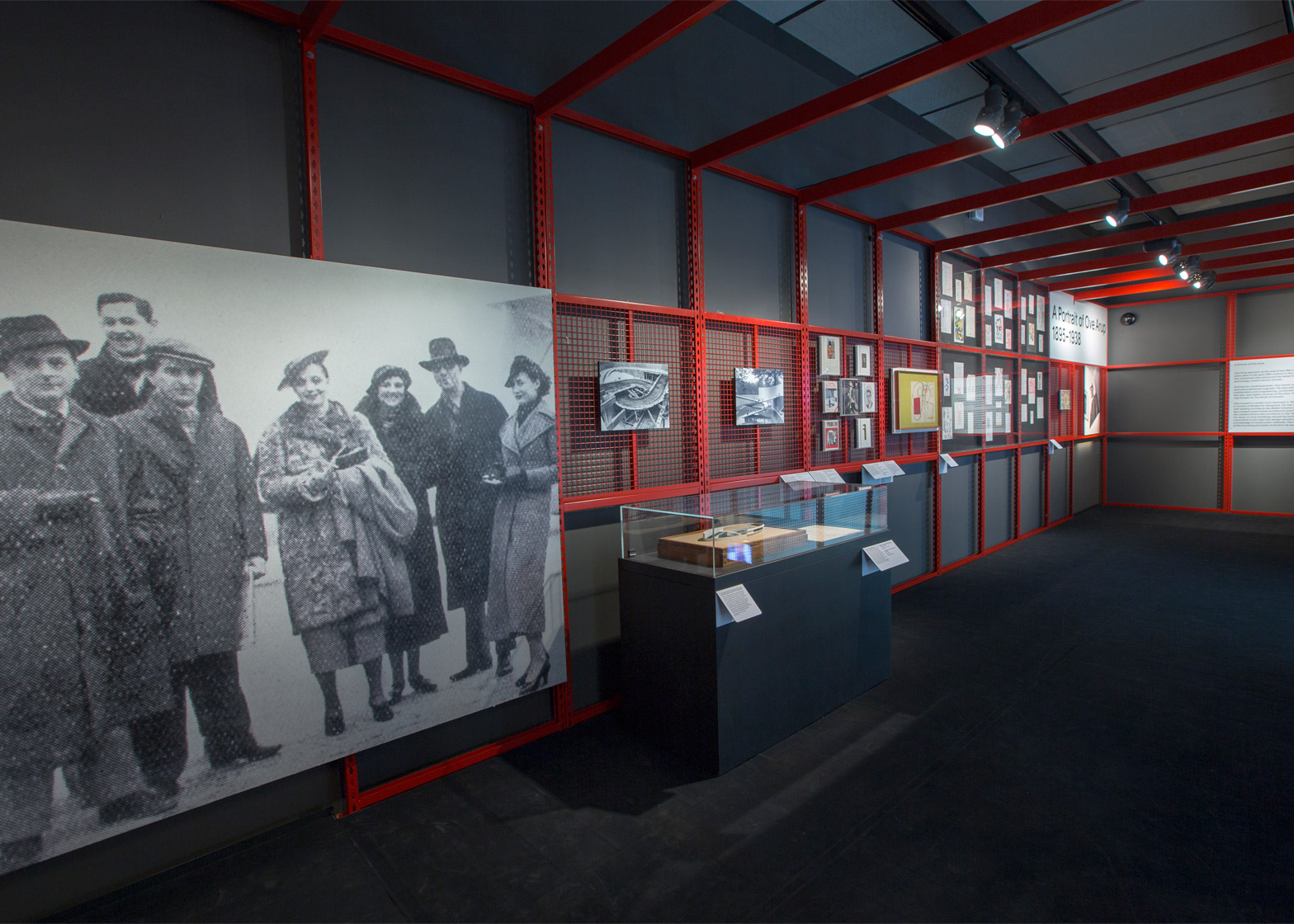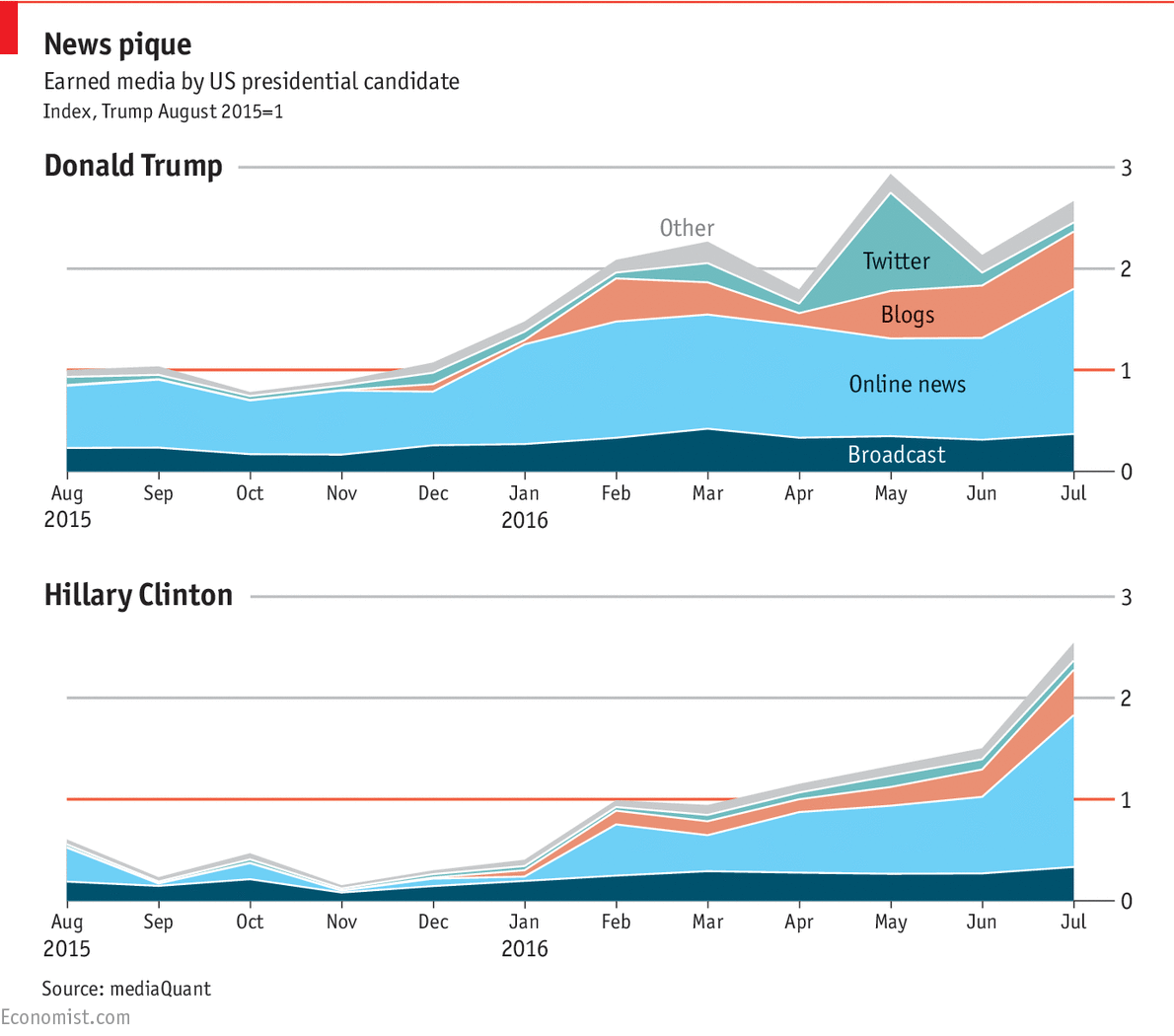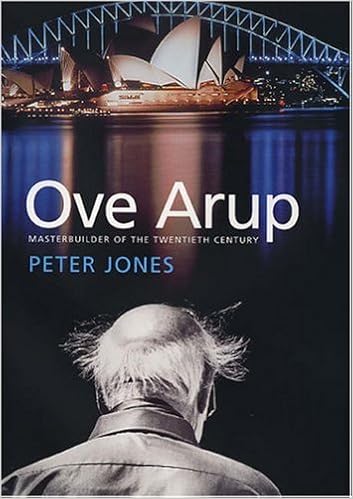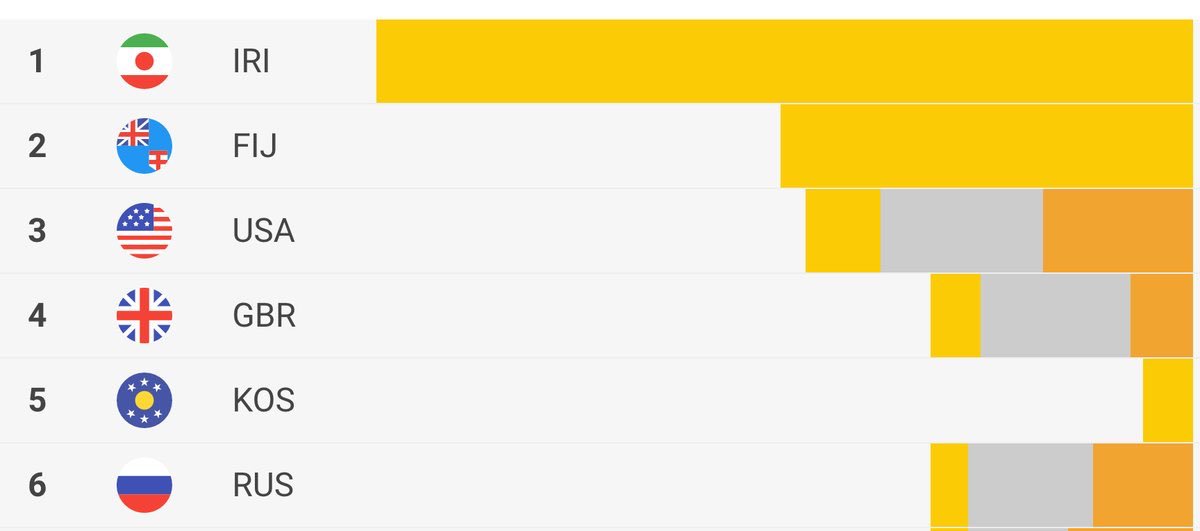
Wednesday, August 31, 2016
Tuesday, August 30, 2016
Notes from Underground
The Tunnel Through Time/ Global Undergrounds - review https://t.co/oR73Mg42KH— Dr.Steven D.Sanders (@DocEngineering) August 30, 2016
Sometimes we are Designing Ahead of Public Opinion
Chart: Views on self-driving cars: https://t.co/nlAkVCnJG6 via @voxdotcom— Dr.Steven D.Sanders (@DocEngineering) August 30, 2016
Monday, August 29, 2016
Death in Kansas City
From ENR - regarding the recent waterslide tragedy in Kansas City:
"The Verruckt was the brain child of Jeff Henry, co-owner of the Schlitterbahn waterpark empire, and John Schooley, the company’s head designer, according to the Star, citing a bevy of interviews granted to various media outlets over the years by Henry.
"The Verruckt was the brain child of Jeff Henry, co-owner of the Schlitterbahn waterpark empire, and John Schooley, the company’s head designer, according to the Star, citing a bevy of interviews granted to various media outlets over the years by Henry.
No slouches, Henry and Schooley, have teamed up on eight patents related to waterpark rides, the Star has reported.
“Henry holds numerous patents for ride innovations and has brought inland water surfing, uphill water coasters and endless tube rides to the industry,” Schlitterbahn notes on its website.” The Henry family operates four Schlitterbahn parks around the country.”
But neither one is a licensed engineer, according to the paper, which reported that Schlitterbahn employee Mark Stuart was listed on the building permit as the project’s architect.
Henry and Schooley designed the ride using trial and error. Sandbags fell off the ride in earlier versions, prompting a series of changes to the angles of the ride, according to the paper.
A Schlitterbahn spokeswoman declined to answer whether any other certified engineers, beyond BSE, were involved in the “vetting, review or design of the ride,” and, if they weren’t, then why?"
This Century Will be About Designing for Greater Urban Density
Is it too hard for cities to get denser? https://t.co/hzttxdbcfV via @aeajournals/— Dr.Steven D.Sanders (@DocEngineering) August 29, 2016
Saturday, August 27, 2016
Friday, August 26, 2016
Autonomous Driving and Bridges May Not Mix
Here’s why self-driving cars can’t handle bridges https://t.co/rgQOU5Lygv via @clusterstock— Dr.Steven D.Sanders (@DocEngineering) August 26, 2016
The Tech Behind Donald
San Antonio Firm Has Growing Role in Trump Campaign https://t.co/7OLl9PZfe8 via @TexasTribune— Dr.Steven D.Sanders (@DocEngineering) August 26, 2016
Thursday, August 25, 2016
Resiliency and the Need to Invest in Urban Parks
Slide presentation from the Greater Dallas Planning Council.
Wednesday, August 24, 2016
Engineering and Its Older (White) Man Problems
— Dr.Steven D.Sanders (@DocEngineering) August 24, 2016
Tuesday, August 23, 2016
Can You Write as Well as a Summer Intern - Charlotte Yang of the New York Times
Exit the Dragon? Kung Fu, Once Central to Hong Kong Life, Is Waning https://t.co/ZQR1FsKmVy— Dr.Steven D.Sanders (@DocEngineering) August 23, 2016
Monday, August 22, 2016
The Compexities of Managing Teams
From Ed Abbey, author of numerous books and articles, including the Monkey Wrench Gang -
"One man alone can be pretty dumb sometimes, but for real bona fide stupidity, there ain't nothing can beat teamwork."
"One man alone can be pretty dumb sometimes, but for real bona fide stupidity, there ain't nothing can beat teamwork."
The Characteristics of Geniuses
From The Creative Architect: Inside the Great Midcentury Personality Study by Pierluigi Serranino -
- The power of deep concentration, tremendous patience, and self-discipline in accomplishing difficult work.
- Skepticism combined with a paradoxical willingness to believe.
- Passive surrender to his mental task, and honest frankness to belief in its expression, along with the courage to buck the current of the times.
- Spontaneity of intuitive and insightful expression.
- Unusual and original, often surprising ideas.
- Ability to generalize from the particular significant form the unimportant and the capacity for recognizing a problem that others fail to notice.
- Periodicity of productive creativity.
- Intense emotions along with strong capacity for self-control.
Defining Your Personal Tech Ecosystem
Great example from economist Tyler Cowen - Link:
"A few of you have asked, I considered that question in 2012, here is a significantly revised update:
1. Now I know how to text, sort of, though I hardly ever do it. It strikes me as the worst and most inefficient technology of communication ever invented (seriously). It’s not that fast, and it’s broken up into tiny bits of back and forth. I don’t see how it makes sense beyond the “What should I get at the supermarket? — Blueberries” level. There is intertemporal substitution, so just, at some other point in time, spend more time talking, writing longer letters, making love, whatever. Not texting. It is never the best thing to be doing, except to answer some very well-defined question.
2. I now carry only one iPad around, as I donated my spare iPad to a poor Mexican family. I use it very often for directions, book and restaurant reviews, and general life advice. Plus email and keeping current on my Twitter feed. I simply don’t want a screen any smaller than that. My iPad now also has a rather pronounced crack on the front glass, but that adds to its artistic value. I dare not drop it again.
3. I have an iPhone, which I hardly ever use for anything. Occasionally someone calls me on it, or I use it to check email in situations when it might be rude to pull out the iPad. Other times I am rude, but it’s actually a form of flattery if I am willing to check my iPad in front of you. You may not feel flattered, however.
3b. Except for the occasional Uber ride, I don”t use apps and hate reading news sites through the apps, I won’t do it. I’m used to the web, not your app, and I hope I can get away with being a stubborn grouch on this forever.
4. I now have a Bloomberg terminal, which is very cool. It is amazing that a product designed in the “before the internet as we know it” era still is the clear market leader and the best option. Bloomberg is a great company with a great product(s). Right now I can do about 5 of the 25,000 separate commands, but the fault is mine not theirs. In the meantime, send me email at my gmu address, not what is listed on the Bloomberg column.
5. I use my Kindle less over time. It remains in that nebulous “fine” category, but I prefer “real books.” Kindle is best for works of fiction when I know in advance I wish to read every page in the proper order. I am continuing with my long-range plan to read Calvin’s Institutes on my Kindle, bit by bit, in between other works. This will take me ten years, but a) he is a brilliant mind, and b) in the meantime I won’t lose sight of the plot line.
6. I have a new Lenovo laptop, sleek and fast, plus some computers at work. I don’t even know what they are, but probably they are quite subpar.
Way more iPad and way less texting are I suppose the main ways in which I deviate from the dominant status quo. Come join me in this and we shall conquer the world."
"A few of you have asked, I considered that question in 2012, here is a significantly revised update:
1. Now I know how to text, sort of, though I hardly ever do it. It strikes me as the worst and most inefficient technology of communication ever invented (seriously). It’s not that fast, and it’s broken up into tiny bits of back and forth. I don’t see how it makes sense beyond the “What should I get at the supermarket? — Blueberries” level. There is intertemporal substitution, so just, at some other point in time, spend more time talking, writing longer letters, making love, whatever. Not texting. It is never the best thing to be doing, except to answer some very well-defined question.
2. I now carry only one iPad around, as I donated my spare iPad to a poor Mexican family. I use it very often for directions, book and restaurant reviews, and general life advice. Plus email and keeping current on my Twitter feed. I simply don’t want a screen any smaller than that. My iPad now also has a rather pronounced crack on the front glass, but that adds to its artistic value. I dare not drop it again.
3. I have an iPhone, which I hardly ever use for anything. Occasionally someone calls me on it, or I use it to check email in situations when it might be rude to pull out the iPad. Other times I am rude, but it’s actually a form of flattery if I am willing to check my iPad in front of you. You may not feel flattered, however.
3b. Except for the occasional Uber ride, I don”t use apps and hate reading news sites through the apps, I won’t do it. I’m used to the web, not your app, and I hope I can get away with being a stubborn grouch on this forever.
4. I now have a Bloomberg terminal, which is very cool. It is amazing that a product designed in the “before the internet as we know it” era still is the clear market leader and the best option. Bloomberg is a great company with a great product(s). Right now I can do about 5 of the 25,000 separate commands, but the fault is mine not theirs. In the meantime, send me email at my gmu address, not what is listed on the Bloomberg column.
5. I use my Kindle less over time. It remains in that nebulous “fine” category, but I prefer “real books.” Kindle is best for works of fiction when I know in advance I wish to read every page in the proper order. I am continuing with my long-range plan to read Calvin’s Institutes on my Kindle, bit by bit, in between other works. This will take me ten years, but a) he is a brilliant mind, and b) in the meantime I won’t lose sight of the plot line.
6. I have a new Lenovo laptop, sleek and fast, plus some computers at work. I don’t even know what they are, but probably they are quite subpar.
Way more iPad and way less texting are I suppose the main ways in which I deviate from the dominant status quo. Come join me in this and we shall conquer the world."
Sunday, August 21, 2016
Saturday, August 20, 2016
Engineering the Future of Retailing
The Future Of Retailing: The Technology Revolution Is Now via @forbes https://t.co/iBCljgBmjR— Dr.Steven D.Sanders (@DocEngineering) August 20, 2016
Future Management Skills for Engineers
From MIT Sloan:
"We ask these executives to consider how they see the future and to assess the current capability of the corporation. From this, we were able to identify the “future risk factors” — the aspects of the corporations that would be important in the future, but are currently poorly executed. The same top risks came out every year: how to manage virtual teams; how to manage in multi-generation groups (particularly with regard to differential use of technology); how to support rapid knowledge flows across business units.
Notice what all three areas of risk have in common: They are all fundamentally about management. But this is a very complex form of management — managing virtually rather than face to face; managing when the group is diverse rather than homogenous; managing when the crucial knowledge flows are across groups rather than within. These are highly skilled roles in terms of both managerial capabilities (for example, to build rapid trust, coach, empathize, and inspire) and management practices (for example, team formation, objective setting, conflict resolution). It is these managerial skills and practices that will be augmented by technology over the coming years in ways we may have not yet grasped but which will emerge, just as the use of personal technology has emerged."
California Water Hogs
Meet the California couple who uses more water than every home in Los Angeles combined https://t.co/4hRxVjp3Rl via @MotherJones— Dr.Steven D.Sanders (@DocEngineering) August 20, 2016
Hyperloop Technology Looks at Shipping
Hyperloop technology to be studied as shipping tool https://t.co/jDXSRXySvR via @WSJ— Dr.Steven D.Sanders (@DocEngineering) August 20, 2016
Engineer of the Year - Marc Edwards
Flint’s Water Crisis and the ‘Troublemaker’ Scientist https://t.co/8AbujpU5sD— Dr.Steven D.Sanders (@DocEngineering) August 20, 2016
Walmart's Crime Problem
From the current issue of Bloomberg Businessweek -
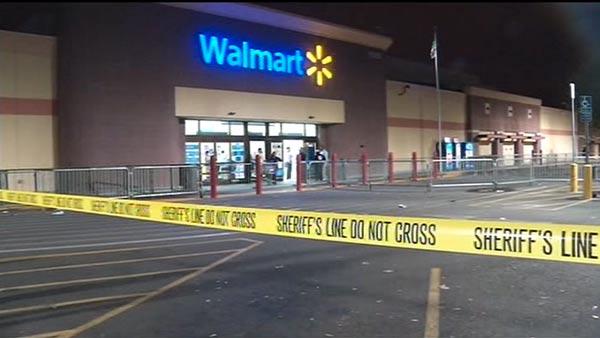
- More than 200 violent crimes, including attempted kidnappings and multiple stabbings, shooting, and murders, have occurred at the nation's 4,500 Walmart's this year, or one a day.
- Walmart has one worker for every 524 square feet of retail space - a 19% increase in space per employee from a decade ago.
- Greeters have been removed from all Walmart stores. No greeters, removing people for self-checkout, less security guards > crime per Walmart store?
- Target < crime than Walmart, but Walmart >operation hours than Target.
- Walmart decides on the security budget each store based in part on a database of how much crime happens on its property.

Friday, August 19, 2016
Trump - The Engineer
Donald Trump’s Nuclear Uncle https://t.co/k9DggM0cLR via @tnyCloseRead— Dr.Steven D.Sanders (@DocEngineering) August 20, 2016
The Science of Scheduling
From ENR:
"Stuart Ockman is president of Ockman & Borden Associates, project management consultants based in the Philadelphia area. He started his career at Bechtel working on power projects but now specializes in project planning and control, claims management and claims avoidance. He talked recently with ENR Deputy Editor Richard Korman about the state of construction scheduling, what makes a good scheduler and how schedules are manipulated.
ENR We first met over a decade ago when you and some other old-school experts in critical-path method scheduling raised concerns about how the most popular scheduling software in the industry allowed users to "game" the results to create schedules that suited the users' purposes. Is this still a problem?
Ockman Yes. What's killing the scheduling part of the industry is that scheduling software products are available to anyone at low cost. The users rather quickly become good at using the product but don't know what they've got and don't understand that it's just a tool and the importance of honesty. Construction's a tough industry, with all sorts of agendas, and when it comes down to claims, law firms shouldn't be allowed to hire consultants that will give them any answer they are looking for. Schedulers must be intellectually honest."
"Stuart Ockman is president of Ockman & Borden Associates, project management consultants based in the Philadelphia area. He started his career at Bechtel working on power projects but now specializes in project planning and control, claims management and claims avoidance. He talked recently with ENR Deputy Editor Richard Korman about the state of construction scheduling, what makes a good scheduler and how schedules are manipulated.
ENR We first met over a decade ago when you and some other old-school experts in critical-path method scheduling raised concerns about how the most popular scheduling software in the industry allowed users to "game" the results to create schedules that suited the users' purposes. Is this still a problem?
Ockman Yes. What's killing the scheduling part of the industry is that scheduling software products are available to anyone at low cost. The users rather quickly become good at using the product but don't know what they've got and don't understand that it's just a tool and the importance of honesty. Construction's a tough industry, with all sorts of agendas, and when it comes down to claims, law firms shouldn't be allowed to hire consultants that will give them any answer they are looking for. Schedulers must be intellectually honest."
Driverless Uber Set for Pittsburgh
What Uber's Self-Driving Cars Could Mean for Pittsburgh https://t.co/Jarg3iNbqd— Dr.Steven D.Sanders (@DocEngineering) August 19, 2016
Thursday, August 18, 2016
Engineering Your Career - Think Like an Anthropologist to Understand Your Clients and Customers
— Dr.Steven D.Sanders (@DocEngineering) August 18, 2016
Energy Storage Can Make Money Right Now
The new economics of energy storage | McKinsey & Company https://t.co/jhh65Tfp7h— Dr.Steven D.Sanders (@DocEngineering) August 18, 2016
Wednesday, August 17, 2016
Tuesday, August 16, 2016
Monday, August 15, 2016
Underwater on Your Home Mortgage?
Climate change could be devastating for homeowners in coastal cities https://t.co/avI8E1M6fm via @HuffPostBiz— Dr.Steven D.Sanders (@DocEngineering) August 16, 2016
Sunday, August 14, 2016
Will It Matter if China Controls Critical Water Technology?
Chinese Bid $650M to Buy Global Desalination Pioneer IDE Technologies https://t.co/xDtotX6hEP— Dr.Steven D.Sanders (@DocEngineering) August 15, 2016
Funding Infrastructure in the Era of Labor Shortages
The problem with Clinton and Trump's infrastructure plans https://t.co/ebvIpIo6aD— Dr.Steven D.Sanders (@DocEngineering) August 15, 2016
How We Get From Point A to Point B
From Kevin Kelly in The Inevitable: Understanding the 12 Technological Forces that Will Shape our Future:
- Buy a car, drive yourself (the default today).
- Hire a company to drive you to your destination (taxi).
- Rent a company-owned car, drive yourself (Hertz rental).
- Hire a peer to drive you to your destination (Uber).
- Rent a car from a peer, drive yourself (RelayRides).
- Hire a company to drive you with shared passengers along a fixed route (bus).
- Hire a peer to drive you with shared passengers to your destination (Lyft Line).
- Hire a peer to drive you with shared passengers going to a fixed destination (BlaBlaCar).
Dematerialization
In 1950 a beer can was made of tin-coated steel - - the weight was 73 grams. The aluminum beer can in 2016 weighs 13 grams.
In 1972 the lighter beer cans eliminated the need for an additional manufactured product - - the beer can opener.

In 1972 the lighter beer cans eliminated the need for an additional manufactured product - - the beer can opener.

Apple on Augmented Reality
Tim Cook is surprisingly confident about the promise of augmented reality https://t.co/HwInHqVIMJ via @VentureBeat— Dr.Steven D.Sanders (@DocEngineering) August 14, 2016
The World of 500-Year Floods
A paragraph to ponder from Medium on the historic Louisiana flooding:
Today’s rainstorm in Louisiana is at least the eighth 500-year rainfall event across America in little more than a year, including similarly extreme downpours in Oklahoma last May, central Texas (twice: last May and last October), South Carolina last October, northern Louisiana this March, West Virginia in June, and Maryland last month.
Today’s rainstorm in Louisiana is at least the eighth 500-year rainfall event across America in little more than a year, including similarly extreme downpours in Oklahoma last May, central Texas (twice: last May and last October), South Carolina last October, northern Louisiana this March, West Virginia in June, and Maryland last month.
Engineers Without Borders in a World of Flint Michigans - - Looking at Problems in Your Community
“The Fall of Flint” by @MattBlack_Matt https://t.co/DTFqFm0dFU— Dr.Steven D.Sanders (@DocEngineering) August 14, 2016
Marketing 101 for Engineers - The Value Pyramid
— Dr.Steven D.Sanders (@DocEngineering) August 14, 2016
Linear Labs - Granbury, Texas
After Silicon Valley success with Ustream, Dallas' Brad Hunstable revving up next project in via @dallasnews https://t.co/NQ0qH94buY— Dr.Steven D.Sanders (@DocEngineering) August 14, 2016
The Elements of a Good Question
From The Inevitable: Understanding the 12 Technological Forces that will Shape our Future by Kevin Kelly:
A good question is not concerned with a correct answer
A good question cannot be answered immediately
A good question challenges existing answers
A good question is one you badly want answered once you hear it, but had no inkling you cared before it as asked
A good question creates new territory of thinking
A good question reframes its own answers
A good question is the seed of innovation in science, technology, art, politics and business
A good question is a probe, a what-if scenario
A good question shirts on the edge of what is known and not known, neither silly nor obvious
A good question cannot be predicted
A good question will be the sign of an educated mind
A good question if one that generates many other good questions
A good question may be the last job a machine will learn to do
A good question is what human are for
The Elements of a Good Question
From The Inevitable: Understanding the 12 Technological Forces that will Shape our Future by Kevin Kelly:
A good question is not concerned with a correct answer
A good question cannot be answered immediately
A good question challenges existing answers
A good question is one you badly want answered once you hear it, but had no inkling you cared before it was asked
A good question creates new territory of thinking
A good question reframes its own answers
A good question is the seed of innovation in science, technology, art, politics and business
A good question is a probe, a what-if scenario
A good question skirts on the edge of what is known and not known, neither silly nor obvious
A good question cannot be predicted
A good question will be the sign of an educated mind
A good question is one that generates many other good questions
A good question many be the last job a machine will learn to do
A good question is what human are for
Tuesday, August 9, 2016
AR Maybe Here Faster Than Anticipated
Forget Pokémon Go, Marketers -- The Larger World of AR Is Here— Dr.Steven D.Sanders (@DocEngineering) August 9, 2016
https://t.co/8FtA31KxLJ
RAND Report on Infrastructure Risk from Climate Change
Current and Future Exposure of Infrastructure in the United States to Natural Hazards https://t.co/WWNF8dJBFK via @RANDCorporation— Dr.Steven D.Sanders (@DocEngineering) August 10, 2016
Monday, August 8, 2016
Smarter than Smart: Rio de Janeiro's Flawed Emergence as a Smart City
Smarter than Smart: Rio de Janeiro's Flawed Emergence as a Smart City: Smarter than Smart: Rio de Janeiro's Flawed Emergence as a Smart City.
The Era of Not Willing to Invest in Infrastructure
From the Wall Street Journal today - link:
"Plunging global interest rates have made borrowing cheaper than ever. But instead of spending on aging roads, bridges and buildings, many state and local governments are scaling back.
New government-bond issues have dropped to levels not seen in the past 20 years. Municipal borrowers issued about $140 billion in bonds for new projects last year. Adjusted for inflation, that is 53% lower than in 2006 and 21% lower than in 1996. So far this year, municipalities have borrowed $95.1 billion, about $10 billion more than at this time last year.
Seven years after the recession ended, voters and government officials remain scarred by the deep budget cuts they endured at the height of the financial crisis and the sluggish revenue growth that has constrained spending since then."
"Plunging global interest rates have made borrowing cheaper than ever. But instead of spending on aging roads, bridges and buildings, many state and local governments are scaling back.
New government-bond issues have dropped to levels not seen in the past 20 years. Municipal borrowers issued about $140 billion in bonds for new projects last year. Adjusted for inflation, that is 53% lower than in 2006 and 21% lower than in 1996. So far this year, municipalities have borrowed $95.1 billion, about $10 billion more than at this time last year.
Seven years after the recession ended, voters and government officials remain scarred by the deep budget cuts they endured at the height of the financial crisis and the sluggish revenue growth that has constrained spending since then."
Sunday, August 7, 2016
Friday, August 5, 2016
Climate Change Comes to the Olympics
Great to see climate change science shown in #OpeningCeremony for #Rio2016 Thank you. pic.twitter.com/Qtgs0U99kQ— Leilani Münter (@LeilaniMunter) August 6, 2016
Not Knowing Where the Olympics Will be Held
From Gallop:
"Despite controversies in the news about the Rio Olympics, fewer Americans are able to identify where the Olympics are taking place than in years past. Less than half (46%) know the Olympics will be held in Rio, with an additional 17% correctly identifying Brazil as the host nation. This is down from 65% who correctly named London as the location for the 2012 Games, in addition to 8% who were partially correct in naming England as the site of the games."

"Despite controversies in the news about the Rio Olympics, fewer Americans are able to identify where the Olympics are taking place than in years past. Less than half (46%) know the Olympics will be held in Rio, with an additional 17% correctly identifying Brazil as the host nation. This is down from 65% who correctly named London as the location for the 2012 Games, in addition to 8% who were partially correct in naming England as the site of the games."

What a Digital Playbook Looks Like
Principles https://t.co/KVOUTz0DmV via @nycgov— Dr.Steven D.Sanders (@DocEngineering) August 6, 2016
The Need to Design for Resilience
As engines of growth, cities need to be made more resilient to natural hazards - Vinod Thomas https://t.co/9pPW5V31SF via @adb_HQ— Dr.Steven D.Sanders (@DocEngineering) August 5, 2016
Thursday, August 4, 2016
The Ugliness of the Trump Rallies
Women engineers should be outraged at the cruel treatment of all women at the Trump rallies #womenengineers pic.twitter.com/RYL8voeSB7— Dr.Steven D.Sanders (@DocEngineering) August 5, 2016
Wednesday, August 3, 2016
Civil Engineering Term of the Week - Submerged Floating Bridge
Yes, a ‘Submerged Floating Bridge’ Is a Reasonable Way to Cross a Fjord https://t.co/8vwgSyutsH via @WIRED— Dr.Steven D.Sanders (@DocEngineering) August 3, 2016
Olympics Start This Friday!!!
Triathlon:— Tommy Campbell (@MrTommyCampbell) August 2, 2016
Divorce, Bankruptcy & Tanning #TrumpOlympics
Tuesday, August 2, 2016
The Key to Trump's Success Came from an Engineer
From CNN:
"Trump pinpointed the moment when he realized the key to success. The year was 1964 and the 18-year-old accompanied his father to the ceremony opening of New York's Verrazano-Narrows Bridge. He noticed that the man most responsible for this stupendous piece of engineering, Othmar Ammann, was present but ignored by the politicians and others who spoke. He concluded that Ammann was too weak to seize the credit he deserved and vowed he would never "be made anybody's sucker.""
"Trump pinpointed the moment when he realized the key to success. The year was 1964 and the 18-year-old accompanied his father to the ceremony opening of New York's Verrazano-Narrows Bridge. He noticed that the man most responsible for this stupendous piece of engineering, Othmar Ammann, was present but ignored by the politicians and others who spoke. He concluded that Ammann was too weak to seize the credit he deserved and vowed he would never "be made anybody's sucker.""
Koch on Management
A fascinating interview with Charles Koch - link:
"So the next step is I want to apply this in our businesses. So I said, "Okay, we've got to build better information sources, better knowledge sharing, and have a challenge culture here -- that no one has all the answers." And if you're a leader at any level and your people aren't challenging you, you've got to change that or you can't be a leader here because you're not going to be using ideas, you're not going to have innovation, you're not going to fully develop your people. And if you're working in a group and you don't challenge, then you're not really doing your job."
"So the next step is I want to apply this in our businesses. So I said, "Okay, we've got to build better information sources, better knowledge sharing, and have a challenge culture here -- that no one has all the answers." And if you're a leader at any level and your people aren't challenging you, you've got to change that or you can't be a leader here because you're not going to be using ideas, you're not going to have innovation, you're not going to fully develop your people. And if you're working in a group and you don't challenge, then you're not really doing your job."
How the 1% Eat KFC
AIDE: Lets get a photo of you eating KFC— Jason O. Gilbert (@gilbertjasono) August 2, 2016
TRUMP: Great idea. Fetch my silverware.
AIDE:
TRUMP: I said FETCH IT pic.twitter.com/LAnFS5PgFm



